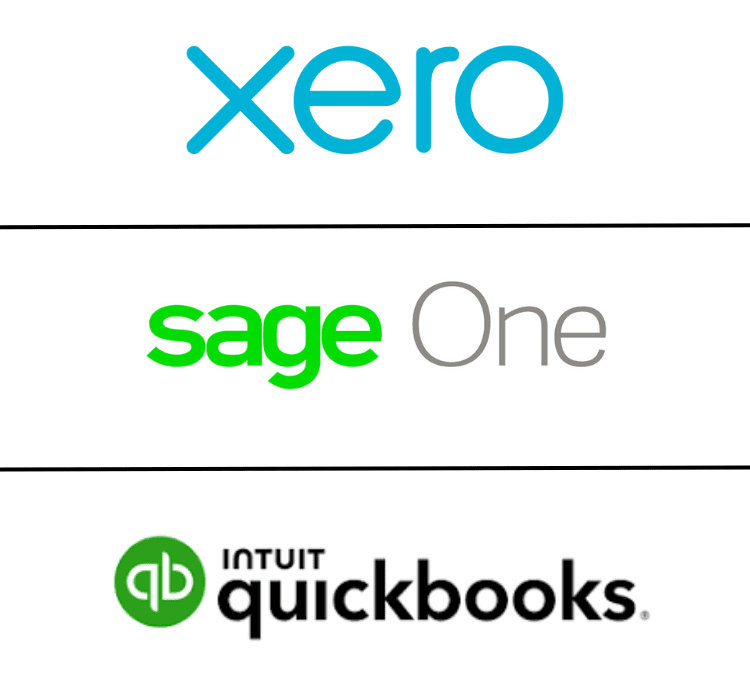As a business owner, managing your finances can be a challenging task. Thankfully, with the advancement of technology, there are several accounting software solutions available to simplify the process. In this blog, we’ll compare three popular accounting software solutions for small and medium businesses: Xero, QuickBooks, and Sage One.
- Xero
Xero is a cloud-based accounting software that allows businesses to manage their finances from anywhere with an internet connection. It offers features like invoicing, bank reconciliation, inventory management, and more. Xero also integrates with over 800 third-party apps, making it an excellent choice for businesses that need to streamline their operations.
Pros:
- User-friendly interface with a clean and modern design.
- Offers a wide range of features and integrations to help businesses manage their finances efficiently.
- Provides excellent customer support, including 24/7 support via live chat.
Cons:
- Limited to 5 users on the standard plan, which can be a disadvantage for larger businesses.
- Some features like payroll and project management require additional add-ons, which can increase the cost.
- QuickBooks
QuickBooks is a well-known accounting software that has been around for over 30 years. It offers a range of features such as invoicing, payroll management, and expense tracking. QuickBooks also provides multiple plans, including a self-employed plan for freelancers and a more advanced plan for larger businesses.
Pros:
- Offers a range of plans to suit different business sizes and budgets.
- Provides excellent customer support, including phone and chat support.
- Offers a range of integrations to streamline business operations.
Cons:
- The interface can be overwhelming and difficult to navigate for new users.
- Some users report issues with glitches and bugs.
- Sage One
Sage One is a cloud-based accounting software that offers features like invoicing, bank reconciliation, and project tracking. It also includes a mobile app for on-the-go management. Sage One has a simple interface and is a great choice for small businesses that need basic accounting functions.
Pros:
- Simple and user-friendly interface that is easy to navigate.
- Offers a range of features to manage finances, including invoicing and bank reconciliation.
- Affordable pricing plans that suit small businesses.
Cons:
- Limited features compared to other accounting software solutions.
- Integrations are limited compared to other software solutions.
Conclusion:
Choosing the right accounting software for your business can be a difficult decision. Each software has its own unique features and pricing plans. Xero, QuickBooks, and Sage One all offer excellent options for small and medium businesses. If you are looking for a software solution that offers a range of features and integrations, Xero or QuickBooks may be the best option. However, if you are looking for a more simple and more affordable solution, Sage One may be the way to go. Ultimately, it’s important to consider your business needs, budget, and user experience when selecting an accounting software solution.

